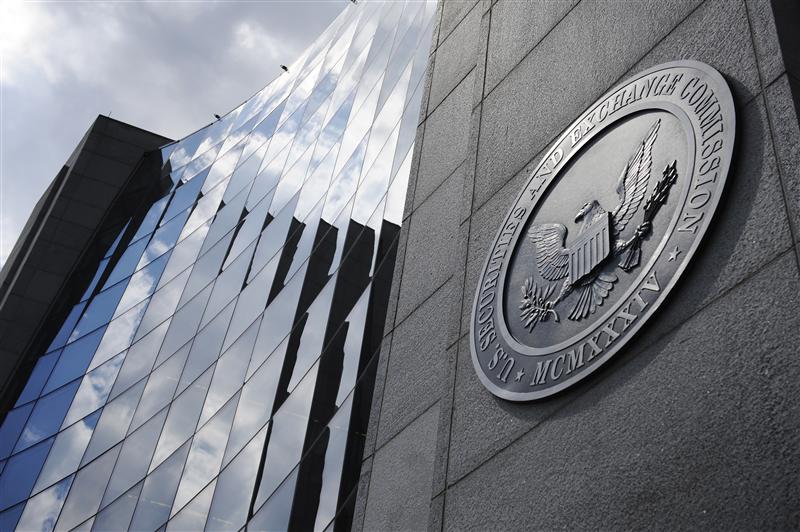

The crypto industry’s push to wrest jurisdiction away from the Securities and Exchange Commission is gaining momentum in a proposal by a bipartisan group of House lawmakers.
Republican Reps. Glenn Thompson of Pennsylvania and Tom Emmer of Minnesota joined Democratic Reps. Darren Soto of Florida and Ro Khanna of California to re-up a plan on Thursday that would bring exchanges that offer digital assets like Bitcoin directly under the Commodity Futures Trading Commission’s purview.
The CFTC’s jurisdiction is now largely limited to crypto futures, and the SEC has upset coin enthusiasts by asserting that its stricter investor protection rules should apply.
The legislation is the latest in a hodgepodge of crypto bills that lawmakers have introduced in the House and Senate in recent months. Notably, the new bipartisan proposal would define many tokens as “digital commodities,” a tag that would place them out of the SEC’s reach. Crypto assets used to invest in or buy a piece of a business would remain under the securities regulator’s jurisdiction, according to a summary of the bill.
Crypto platforms including Coinbase Global Inc. have spent much of the last year clashing with SEC Chair Gary Gensler over his attempts to crack down on the industry. Gensler has repeatedly said that many of the coins the venues offer are securities, meaning that exchanges should be registered with his agency.
Meanwhile, CFTC Chairman Rostin Behnam has said his agency is poised to take on an expanded oversight role -- a shift that many in industry say they would welcome.
The bill introduced Thursday would make it optional for exchanges to register with the CFTC. However, platforms would have to do so to be able to offer leveraged trading or to list for sale so-called digital commodities that were distributed to individuals before being available to the public.
Thompson and Khanna are both on the House Agriculture Committee, which oversees the CFTC. All four members are part of the Congressional Blockchain Caucus.

It's the mega-RIA firm's third $1B+ acquisition in just three months.

Wall Street leaders propose ways to monetize the mortgage giants.

Changes in legislation or additional laws historically have created opportunities for the alternative investment marketplace to expand.

A Texas-based bank selects Raymond James for a $605 million program, while an OSJ with Osaic lures a storied institution in Ohio from LPL.

The Treasury Secretary's suggestion that Trump Savings Accounts could be used as a "backdoor" drew sharp criticisms from AARP and Democratic lawmakers.
Orion's Tom Wilson on delivering coordinated, high-touch service in a world where returns alone no longer set you apart.
Barely a decade old, registered index-linked annuities have quickly surged in popularity, thanks to their unique blend of protection and growth potential—an appealing option for investors looking to chart a steadier course through today's choppy market waters, says Myles Lambert, Brighthouse Financial.
